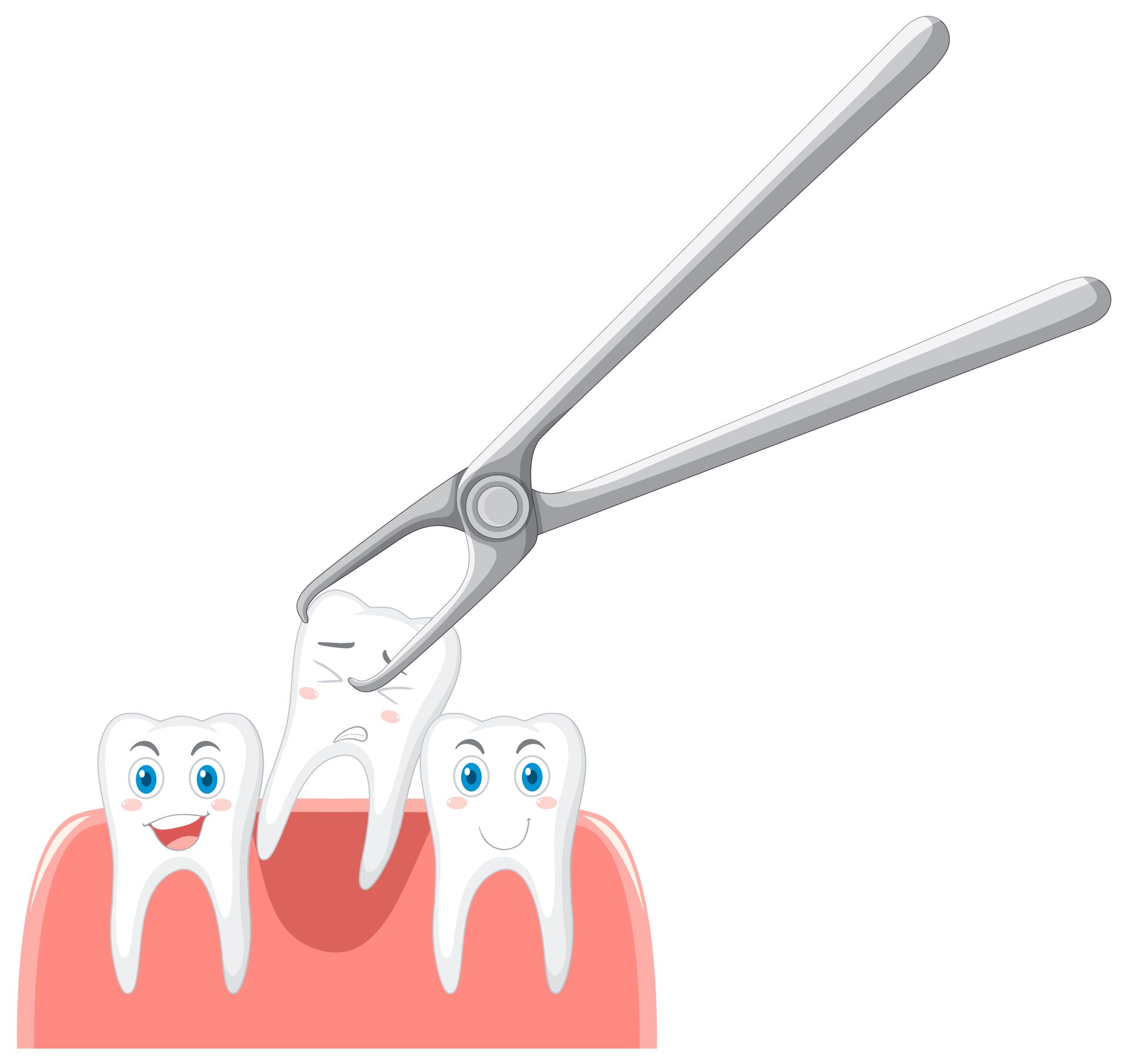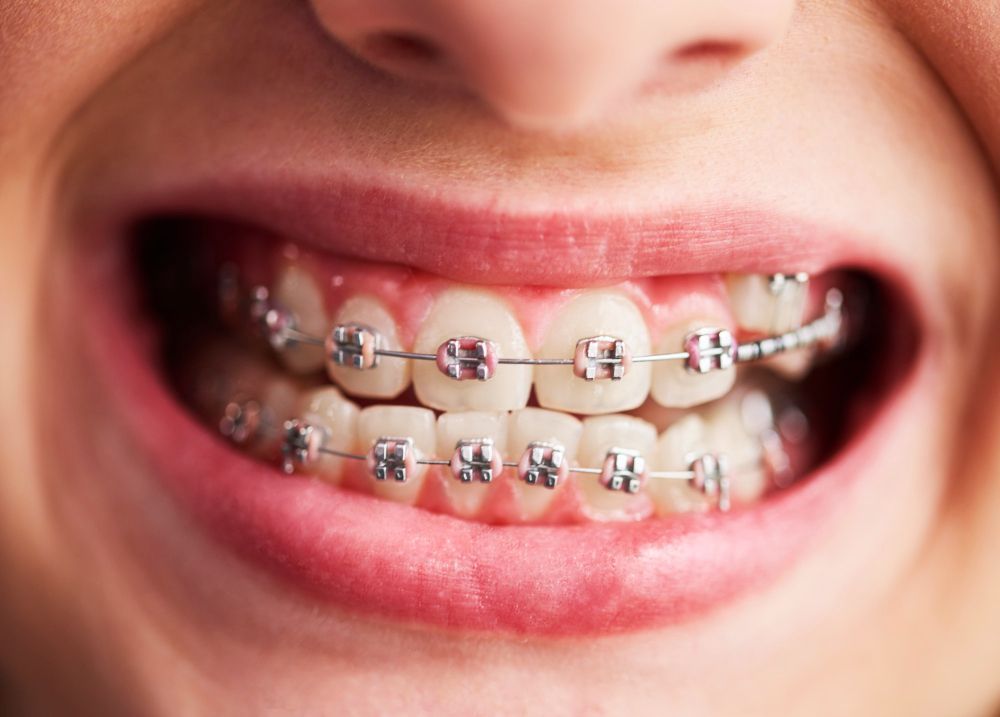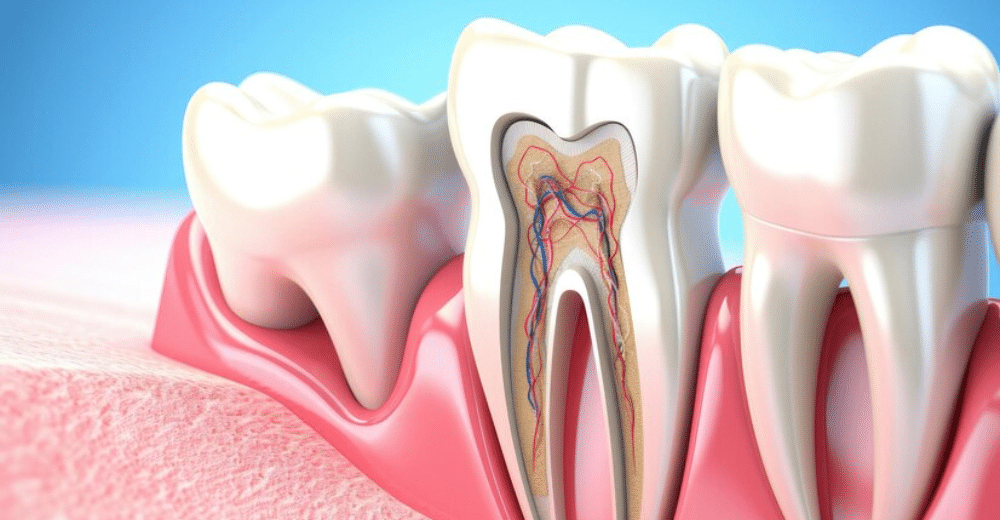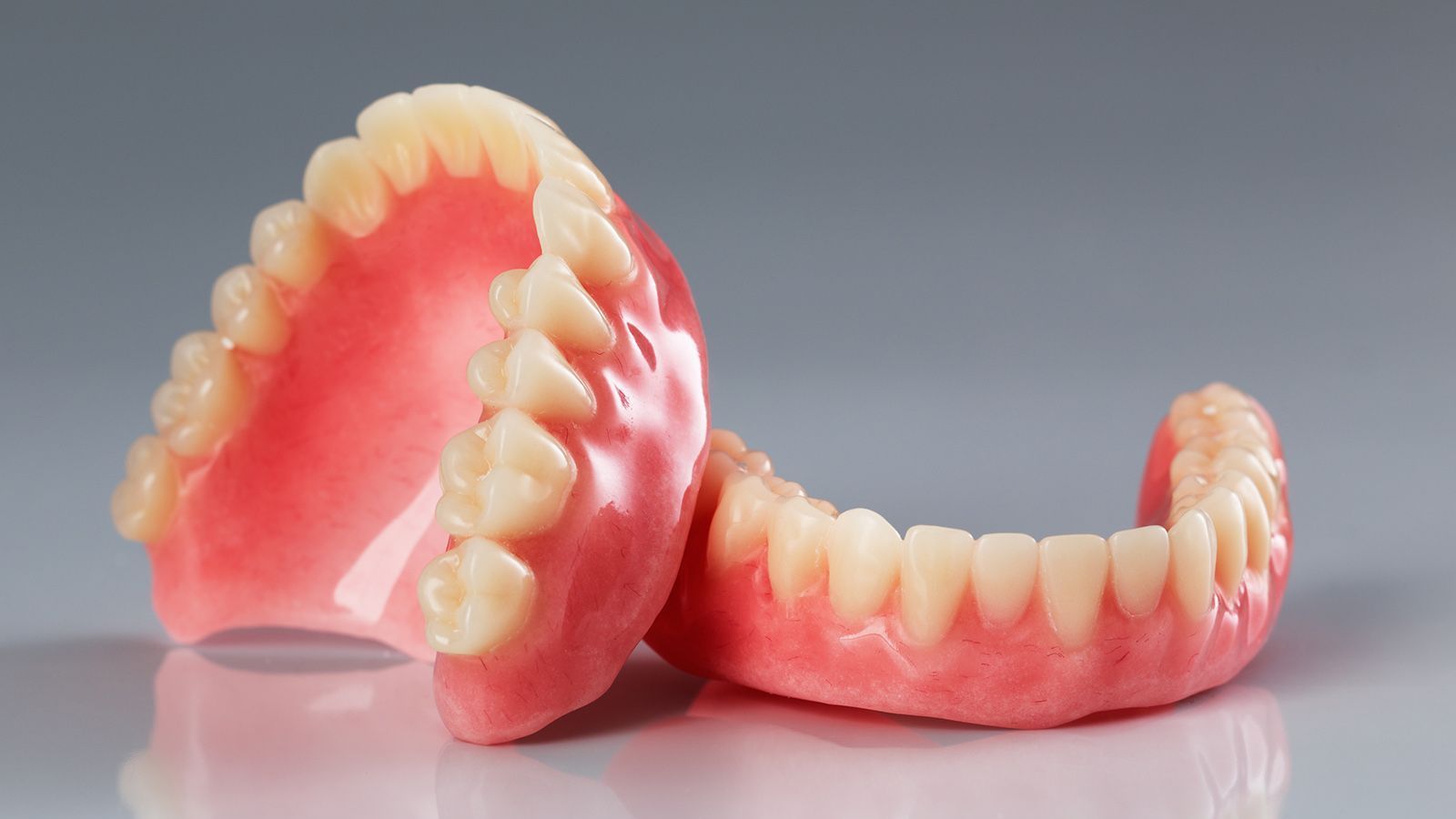I am a very nervous patient but I need to go to the dentist. What can I do ?

Dealing with dental anxiety is common, and many dentists are experienced in helping nervous patients feel more comfortable.
Here are some strategies to consider:
Communicate Your Fears:
Let your dentist and their staff know about your anxiety. Open communication helps them understand your concerns and tailor their approach to make you more comfortable.
Choose a Supportive Dentist:
Look for a dentist who is known for being patient and understanding with nervous patients. Some dental offices specialise in catering to individuals with dental anxiety.
Schedule a Consultation:
Before any treatment, schedule a consultation with the dentist. This allows you to discuss your fears, ask questions, and get familiar with the dental office environment without the pressure of immediate treatment.
Establish Signals:
Work out a system with your dentist for signaling if you need a break during a procedure. Knowing you have some control can reduce anxiety.
Bring a Support Person:
Consider bringing a friend or family member to accompany you to the appointment. Having someone you trust in the room can provide emotional support.
Practice Relaxation Techniques:
Practice deep breathing, meditation, or other relaxation techniques before your appointment. These can help calm your nerves.
Distract Yourself:
Bring headphones and listen to music or an audiobook during the appointment. Some dental offices also have TVs in treatment rooms to provide distractions.
Choose a Morning Appointment:
Schedule your appointment in the morning when you're likely to be less fatigued and anxious.
Explore Sedation Options:
Talk to your dentist about sedation options. Nitrous oxide (laughing gas) or oral sedatives can help relax nervous patients during dental procedures.
Start with Small Procedures:
If possible, begin with less invasive procedures to build trust and gradually get accustomed to the dental environment.
Consider Cognitive Behavioural Therapy (CBT):
CBT can be effective in addressing dental anxiety. A therapist can help you manage and change negative thought patterns associated with dental visits.
Remember, dentists are accustomed to working with nervous patients, and their goal is to ensure your comfort and well-being. Open communication, understanding your options, and taking small steps can contribute to a positive dental experience. If your anxiety is severe, consider seeking the advice of a mental health professional who can provide additional support and coping strategies.














